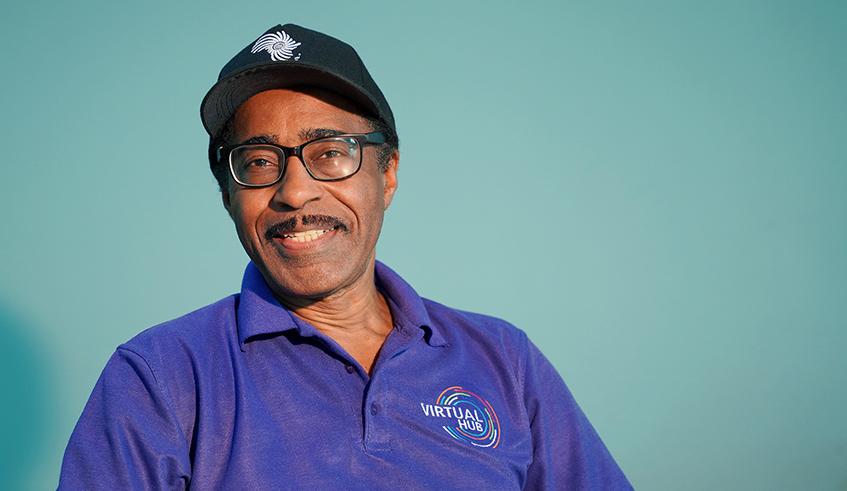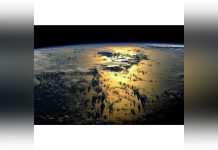Africa-Press – Rwanda. Multi-Grammy nominated, world-renowned composer, guitarist, vocalist and producer Vasti Jackson is in Rwanda for a month-long visit to understand the local industry, and give his contribution to building bridges between American and Rwandan artistes and music industry professionals in both countries.
The American is on the invitation of Africa in Colors in partnership with the French Embassy and Institut Français, through the French initiative “Novembre Numerique”, who were last week working to build bridges between African players of the cultural and creative industries, and the rest of the world.
He spoke to Weekender’s Eddie Nsabimana about his visit in Rwanda and the outcomes.
Excerpts:
What’s on the agenda of your tour in Rwanda?
My agenda is just to face the people in culture, but with the primary aspect that is music. Music is what I do as a composer, as a producer, as an instrumentalist, as a publisher, and a record label. So I was spending some time in Ghana with a friendly man there with the organisation The Taste of Africa, who knew Raoul (Rugamba). And getting to talk, my name came up.
Raoul invited me to Rwanda to see what happens here and if we can complete things in Accra soon enough and then make a tour to Kigali. God blessed us that we have got the projects completed in Ghana and here we are.
We are in music, we are exploring the traditional and contemporary music of Rwanda. We are looking at artistes, male and female, and Rwanda’s R&B, soul, hip hop and instrumental music, jazz. I am not imposing anything, I am here to get into what is naturally going on in Rwanda too, as an observer, but also as a servant, see what collaborations we may develop.
I am completely open to collaborating in a positive way that everyone may count on.
What’s your view about Rwandan music so far?
I won’t talk about the potential of Rwandan music. I am talking about what I heard or what I felt. I like the relevance of course because I am African.
From what I have heard about the music here, I can identify with relevance and melodies. I don’t speak Kinyarwanda, someone has to translate stories to me but I like the musicality.
There are wonderful musicians here on every musical instrument. There are very good guitar players, piano players, drum plyers, base players.
How do you think artistes will benefit from these collaborations?
I don’t see if there is a problem nor do I see if there is an opportunity. I rather see positive possibilities. I think we have to be sensitive about the demography or the powers of the people who taste our food (our music).
Music is also about communication and if there is something blocking your communication, you need to consider moving that a little bit to decide and use the tools that will help you best communicate what you want to present and what you want people to perceive.
So it’s a great opportunity for me to exchange these ideas and see what we might develop through these collaborations.
What opportunities do you think Africa in Colors offers to Rwanda’s creative industry?
From what I’ve seen so far, Africa in Colors is a great platform through which artistes and creatives in general interface and make contact with people in a variety of industries like photographers, videographers, makeup artistes, clothing designers, all kinds of related skills that support people who are in front of the camera.
I see, with Africa in Colors, that they are actually connected with a lot of people who support not only the music industry but other forms of media.
What outcomes do you expect from this visit?
Great things. We expect these collaborations to bear fruits of goodness, positives, education, information, identifying our similarities more than our differences in building borders and economic opportunities.
Of course, we are talking about the aspect of music distribution, not only in a physical but in a virtual way. We are talking about education in terms of not only art but cameras as well.
Artistes need to be informed about the business of music, not just art. We are looking at edutainment, which is not just entertainment or education that is not entertaining.
That’s what the collaborations are all about.






